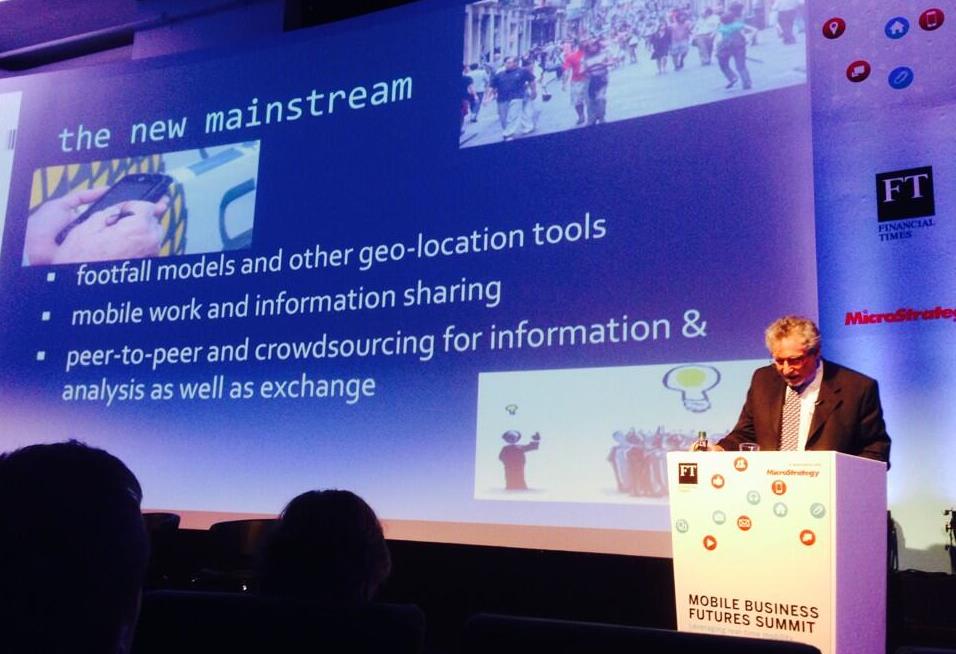 The battle for the growing markets of internet TV is far from ended. In this post, Silvia Elaluf-Calderwood analyses the overview and current situation of one of the key players–Netflix–and offers conclusions based on their strategy of expansion in the European market.
The battle for the growing markets of internet TV is far from ended. In this post, Silvia Elaluf-Calderwood analyses the overview and current situation of one of the key players–Netflix–and offers conclusions based on their strategy of expansion in the European market.
“Internet TV is replacing linear TV. Apps are replacing channels, remote controls are disappearing, and screens are proliferating. As Internet TV grows from millions to billions, Netflix is leading the way around the world.” Neflix, 2013
After a period of rapid expansion, Netflix has slowed down its international expansion in recent months, with the Netherlands marking the only country that Netflix set up shop in 2013. In 2011, Netflix rolled out its service in almost all of Latin America and the Caribbean, and in 2012, it expanded into a total of six European countries.
These next destinations for Netflix will differ from its first wave of European markets — the U.K., the Netherlands and Scandinavia — in one key regard: Incumbent pay-TV providers and pure-play streaming services from Russia to Spain have been anticipating the entry of the U.S. juggernaut. This has given them ample time to counter with broadband-delivered video on demand plays of their own. Nevertheless, a complex web of factors will make Netflix’s border crossing either breezy or brutal, depending on which nation is stamping its passport. In each case, the mode of entry, and even the business model, has to be reconsidered.
Netflix first announced last year that it plans a major expansion into continental Europe in the second half of 2014, but the company hasn’t said yet which countries it is targeting for that expansion, or when exactly it wants to launch, the following is a quick overview on some of the major European countries.
Netflix strategies in Europe: Overview of current status
UK and Ireland
Launched in January 2012, it faced fierce competition from BBC iPlayer and from Lovefilm. Netflix has gained much territory in the UK since then partly due to Lovefilm financial issues. Continue reading


 On Monday 10 February, Jonathan Liebenau presented a synopsis of one of the research themes of our team during the February’s
On Monday 10 February, Jonathan Liebenau presented a synopsis of one of the research themes of our team during the February’s 


 The workshop included a wide spectrum of presentations from leading researchers at institutions such as MIT, U Penn, UC Irvine, Northwestern, UC Santa Barbara, CAIDA/UCSD, U Minnesota. There was also participation by industrial representatives from Comcast, Microsoft, BT Research and Innovation, and Verizon. This group includes a large number of people who have served or are currently serving on governance bodies including the Federal Communications Commission, the Internet Society, ICANN, and the US National Academy of Sciences internet committees.
The workshop included a wide spectrum of presentations from leading researchers at institutions such as MIT, U Penn, UC Irvine, Northwestern, UC Santa Barbara, CAIDA/UCSD, U Minnesota. There was also participation by industrial representatives from Comcast, Microsoft, BT Research and Innovation, and Verizon. This group includes a large number of people who have served or are currently serving on governance bodies including the Federal Communications Commission, the Internet Society, ICANN, and the US National Academy of Sciences internet committees.

 nd academia, we discussed potentially disruptive innovations in financial businesses and examined how new business models find access to the incumbent players in the sector.
nd academia, we discussed potentially disruptive innovations in financial businesses and examined how new business models find access to the incumbent players in the sector.




